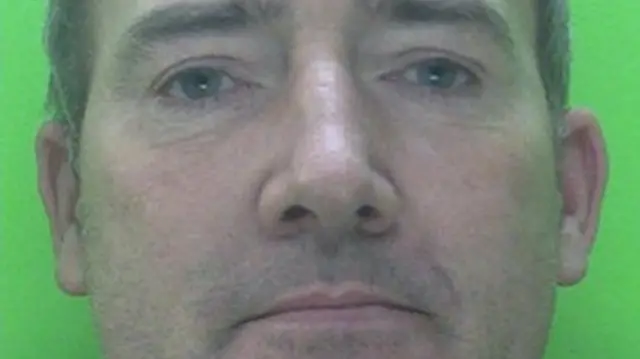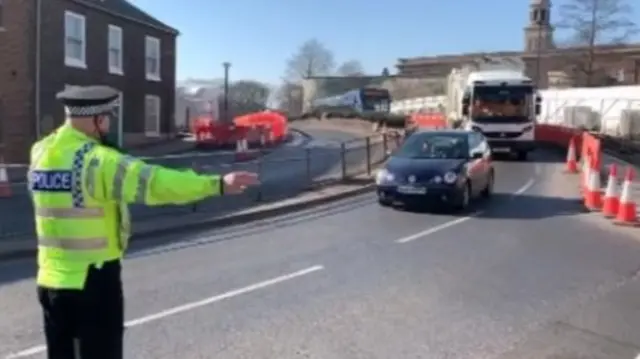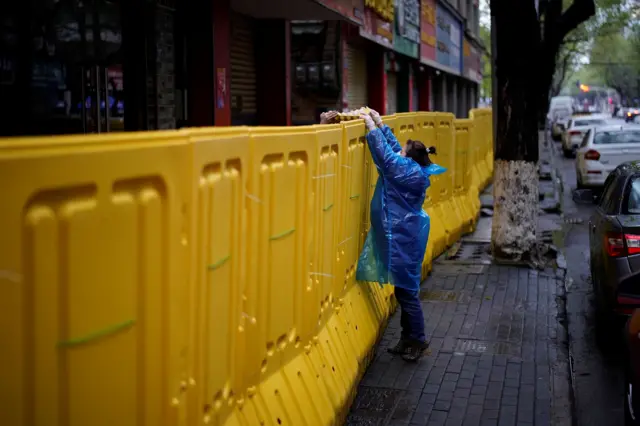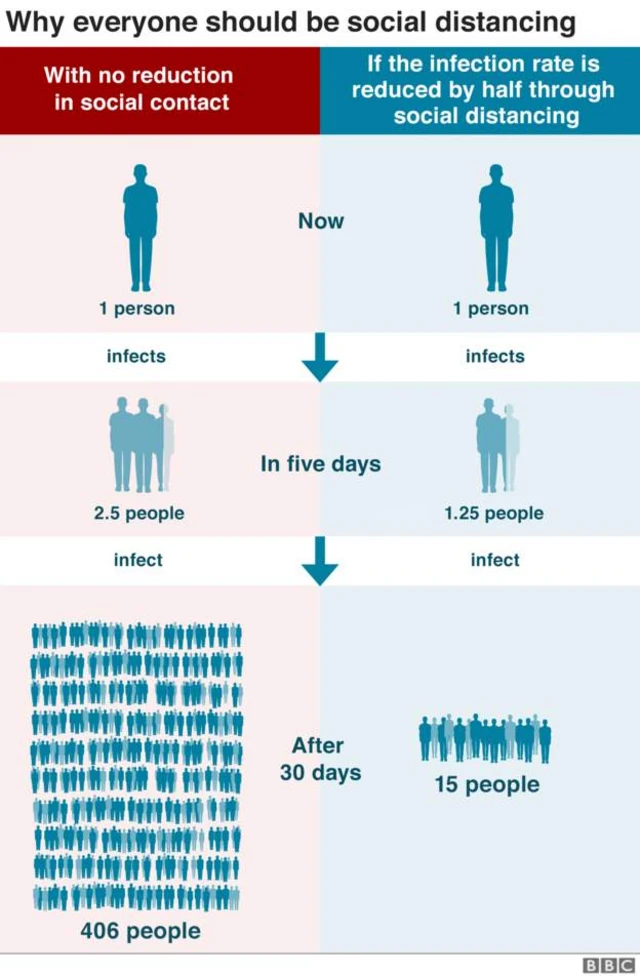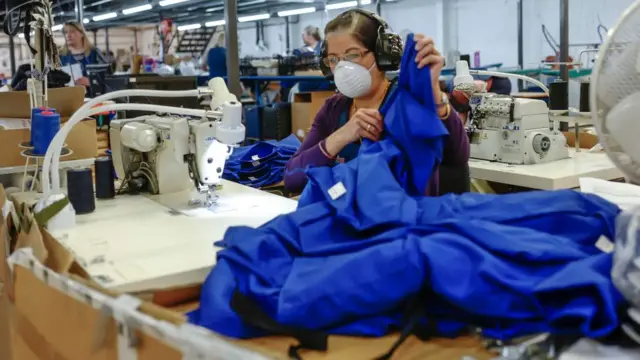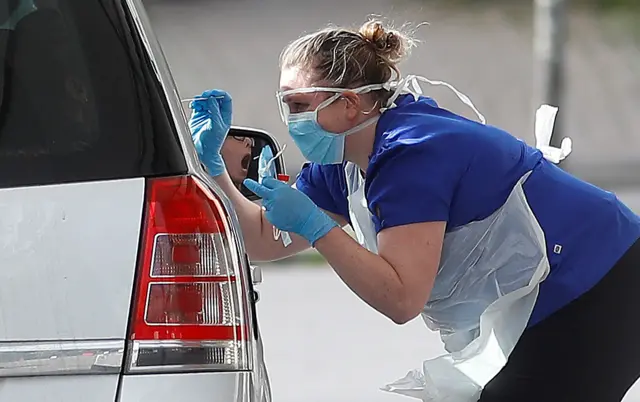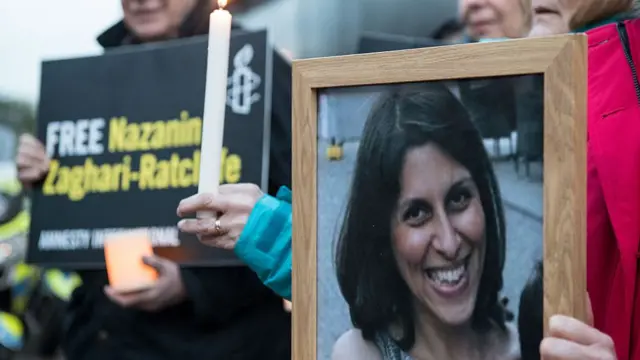UK press briefing starting shortlypublished at 15:35 BST 29 March 2020
The UK's daily press briefing is expected to begin at around 16:00 BST. Here is a brief summary of what's been happening today:
- The number of people who have died with the virus in the UK has reached 1,228 - an increase of 209 since Saturday. The latest figures, external show there are now 19,522 confirmed cases in the country
- Of those deaths, 190 have come in England, 10 in Wales, a further six in Northern Ireland, and one in Scotland
- The UK lockdown will be in place for a “significant period” and could last longer if people do not stick to the rules, according to Cabinet Office Minister Michael Gove
- Scotland's First Minister Nicola Sturgeon says the Scottish government has always been advised to prepare for the measures to be in place for around 13 weeks
- Health Secretary Matt Hancock says the government, external is now testing 10,000 people a day, and is "on track" to test 25,000 a day by mid-April
- And recruitment for volunteers to help the NHS has been paused, after 750,000 people signed up less than a week after the appeal was announced
